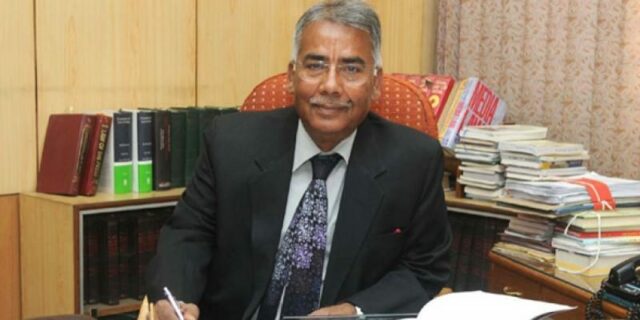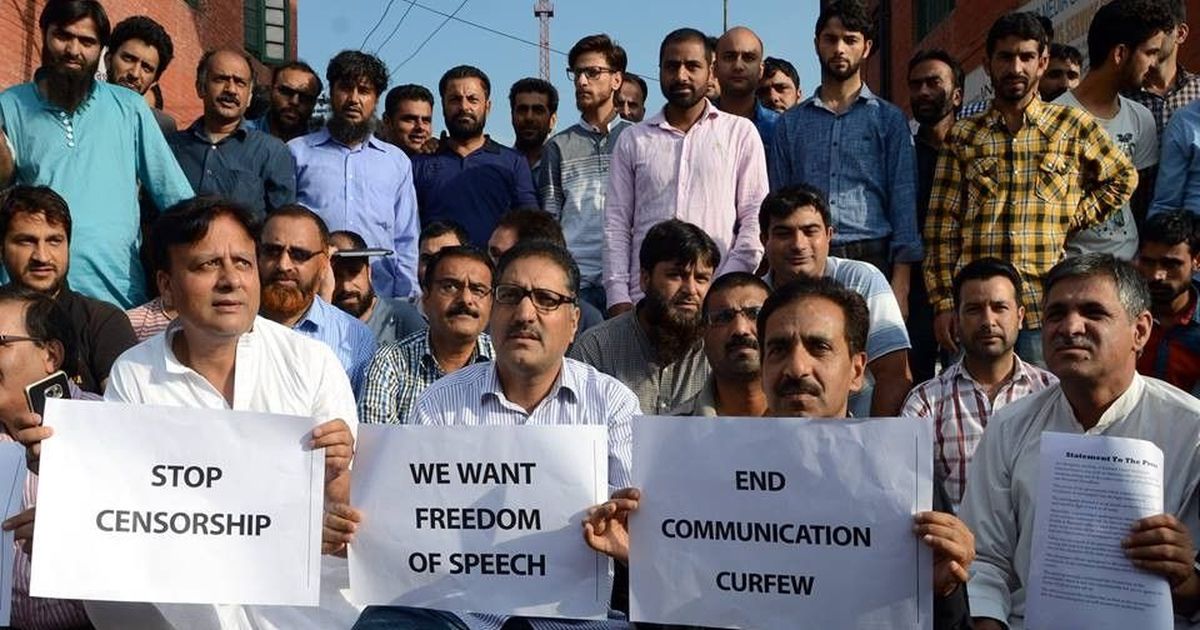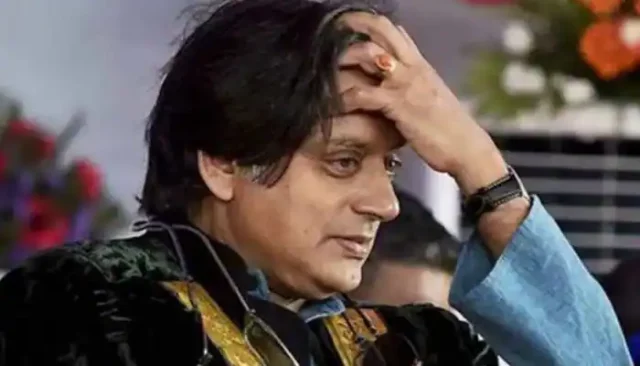Media in India has been unabashedly biased since forever, especially so with the rise in sensationalism in news media. The bias is no longer hidden between the spaces and the sighs as they sparsely try to hide their agenda anymore.
Celebrated anchors demand drugs on live television while asking for the conviction of any and everyone who opposes the Central Government, journalism has most certainly gone to the dogs.
As the Winter Session of the Parliament was called to an open, it sparked off a flurry of talking points. Much of it being embroiled and limited to the equivocal passing and repeal of laws without an iota of discussion made.
However, that remains a contentious angle that has sparsely been covered by media houses around India. Thus, to formulate an erasure of such bias being displayed by media platforms Shashi Tharoor led Standing Committee on Communications and Information Technology suggested the formation of a Media Council.
What Was The Suggestion Concerning The Formation Of The Media Council?
The Parliament’s Standing Committee On Communications and Information Technology led by Shashi Tharoor had recently published and submitted a report concerning the formation of a Media Council. To make the formulation and working of media houses smoother and more transparent, thus making it pertinent for the formation of the council.
Tharoor put forth the recommendation that the media council should be formed upon a similar premise as the Press Council of India. Hence, the council will have statutory powers over almost all kinds of media such as print, digital, and broadcast.
According to the report on ‘Ethical Standards in Media Coverage,’ the committee insinuated that the present regulatory bodies such as the PCI and the News Broadcasting Standards Authority were not as effective.
The report further stated that the bodies’ efficacy was rather “limited” while the NBSA is a self-regulatory body that cannot enforce its orders as it “depends on voluntary compliance with its orders”. Coupled with that, the supervisory extent of both the regulatory bodies is exceptionally limited as the NBSA determines the functioning of broadcast media while the PCI is limited towards the functioning of print media.
The council report stated;
“(The I&B Ministry) should explore the possibility of establishing a wider Media Council, encompassing not just the print media but the electronic and digital media as well, and equip it with statutory powers to enforce its orders where required”.
They recommended the formation of a Media Commission comprising experts to make consultations wider and enable the stakeholders to reach consensus with guaranteed comparative ease. The report further stated that the need for a new and separate council is paramount at this hour due to the rampant increase in;
“Violations of the code of conduct of ethics by the media reflected in the form of paid news, fake news, TRPs manipulation, media trials, sensationalism, biased reporting, etc”.
Also Read: In Pics: Five Incidents Of Breakthrough Investigative Journalism In India
Will The Formation Of A New Media Council Help In Stopping Bias?
To insinuate that a news agency should not be biased is unfortunately an overstatement that we have taken for granted. The concern that arises is an unmitigated and unwarranted bias that goes so far as to sensationalize and fabricate data that poses a threat to the national identity of the entire country.
At the end of the day, a media agency works on the pretext of human intuition and an unbiased human being is an idealist. Unfortunately, they do not exist.
Thus, to emphasize the precipice of bias, it essentially refers to keeping reports or any form of media to be as distant from any form of biased views as possible. Furthermore, it also capitalizes on the concept of journalistic ethics which condemn any and all forms of sensationalism.
However, with the advent of e-newspapers and other forms of online media platforms, it has become excessively difficult to keep up with the numerous stories published by them as the internet changes with each passing second.

Thus, it is essential to have an umbrella Media Council put in place so as to effectively, not stop but limit bias. As stated earlier, it is sociologically impossible to put an end to bias hence, it is always better to settle for the next best thing, limiting bias to a certain degree.
The PCI, in this context, has been fairly ineffective with its working. According to the report presented by Tharoor, as the complaint has to be registered with the Bureau of Outreach and Communications, it often acts late upon the complaints made.
Since the report concerning the formation of a Media Council, also expounds upon the misuse of the term ‘anti-national’ used to shut down media agencies, it might just become a safeguard for these media houses as well.
The transparency and objectivity offered by the standing committee’s report may shed some light upon Rule 6 (1)(e) of the Cable Network Rules, 2014, which discusses ‘Anti-National attitudes.’ A contentious rule that warrants elaboration, the formation of the media council may result in a comprehensive explanation for the same.
It is an exciting development, which, if passed, will warrant a new beginning to free speech and free press. The Fourth Estate shall thrive again.
Image Source: Google Images
Sources: The Indian Express, Hindustan Times, Money Control
Connect with the blogger: @kushan257
This post is tagged under: press council of India, PCI, media council, shashi tharoor, winter session, parliament, rajya sabha, look sabha, prime minister, prime minister modi, information and broadcasting ministry, i&b ministry, media commission, journalism, journalism ethics, ethics, broadcasting, broadcasting media, broadcast
Other Recommendations:
What’s The Equation Between Pakistanis and Indians Living Abroad? It’s Not What You Think
































